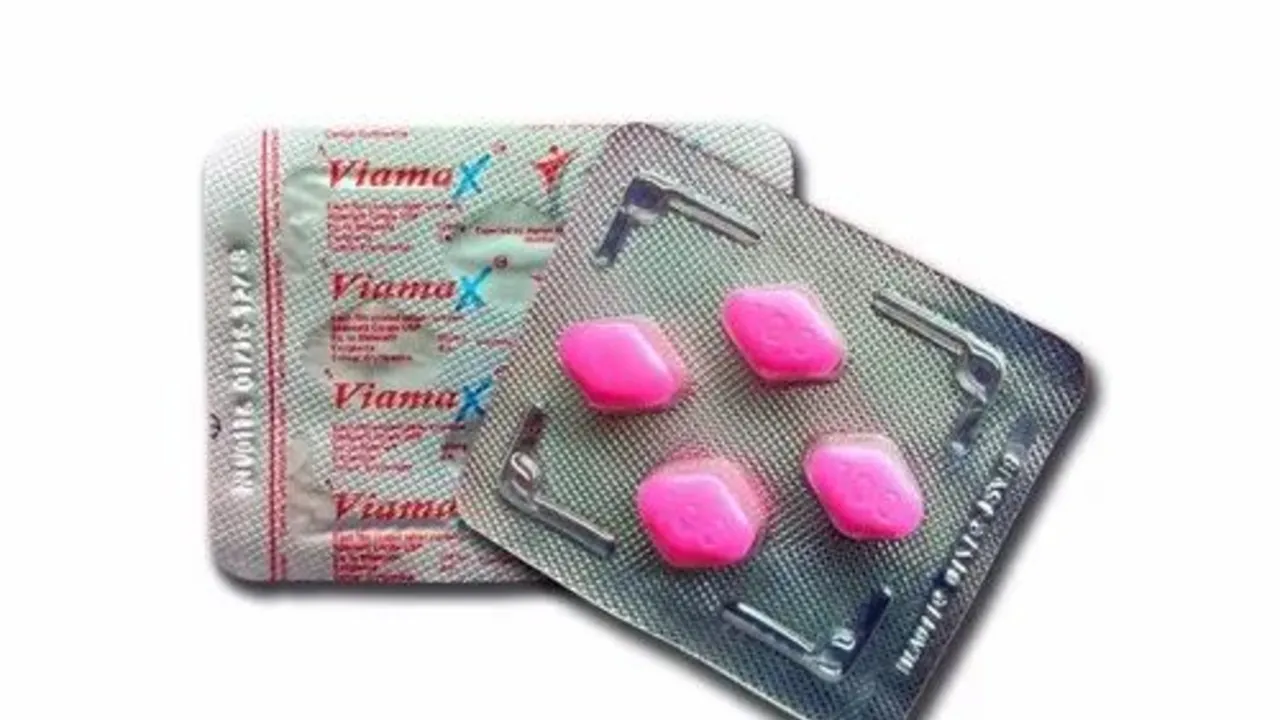Online Pharmacy Evaluation: How to Pick a Safe Site in Minutes
If you’ve ever needed a prescription but didn’t want to step out of the house, you probably thought about buying it online. The idea sounds easy, yet the market is crowded with sites that look legit but hide risks. Below are the exact steps you can follow right now to decide whether an online pharmacy is safe enough for your meds.
Check Licensing and Location
The first thing to verify is where the pharmacy operates from. Reputable pharmacies display a valid license from a recognized health authority—think FDA, Health Canada, or the European Medicines Agency. Look for a clear “Pharmacy License” badge on the homepage and click it; it should link to an official registry you can search. If the site hides this info behind a pop‑up or only shows a vague statement like "licensed worldwide," that’s a red flag.
Also, note the country of origin. Some countries have stricter drug quality rules than others. A pharmacy based in the U.S., Canada, UK, or EU generally follows higher standards than many offshore sites. When you’re unsure, type the pharmacy name into a search engine followed by "license" to see if any watchdog agencies have posted warnings.
Look for Secure Transactions and Privacy Policies
A secure checkout should start with https:// and show a padlock icon in the address bar. That means data is encrypted while it travels to the server. Avoid sites that only accept wire transfers, cryptocurrency, or ask you to email your credit card details—legitimate pharmacies use reputable payment processors.
Read the privacy policy. It should explain how your health information will be stored and who can see it. If the page is missing, hidden in tiny print, or promises "no records ever kept," treat it with suspicion. Your medical data deserves protection just like any other personal info.
Compare Prices, But Don’t Be Lured by Too‑Good‑to‑Be‑True Deals
Price comparison is useful, but extremely low prices often mean counterfeit or expired products. Use a price‑check tool or look up the average market cost for your medication. If a site offers a 70% discount on a brand‑name drug without a clear reason (like a bulk purchase program), it’s worth digging deeper.
Some pharmacies partner with licensed manufacturers and can pass on genuine savings—these partners usually mention the manufacturer name or show a certification. When in doubt, call the pharmacy’s customer service and ask where they source their meds.
Read Real Customer Reviews
Search for reviews outside the site itself. Independent forums, Trustpilot, Reddit health threads, and the Better Business Bureau can give you a broader picture. Pay attention to comments about product authenticity, shipping speed, and how the pharmacy handles problems. A pattern of complaints about missing pills or delayed deliveries should steer you away.
Look for reviews that mention interacting with a licensed pharmacist. Good sites let you ask questions about dosage, side effects, or interactions before you buy. If the only contact is a chatbot that never connects to a real professional, you’re missing an important safety net.
Check Shipping Policies and Return Options
Reliable pharmacies provide tracking numbers, clear estimated delivery times, and discreet packaging. They also explain what happens if a product arrives damaged or doesn’t match the label—most reputable sites will replace it at no extra cost. Avoid places that refuse returns or say “all sales are final” for prescription meds.
Finally, keep a copy of your order confirmation and any communication you have with the pharmacy. If something goes wrong, this paperwork helps you dispute charges with your bank or report the seller to authorities.
By running through these checkpoints—license check, secure payment, realistic pricing, external reviews, and solid shipping—you can quickly filter out sketchy sites and focus on pharmacies that truly care about your health. The effort may take a few minutes, but it protects you from wasted money, counterfeit drugs, and potential health risks. Stay smart, stay safe, and enjoy the convenience of getting medication delivered right to your door.

